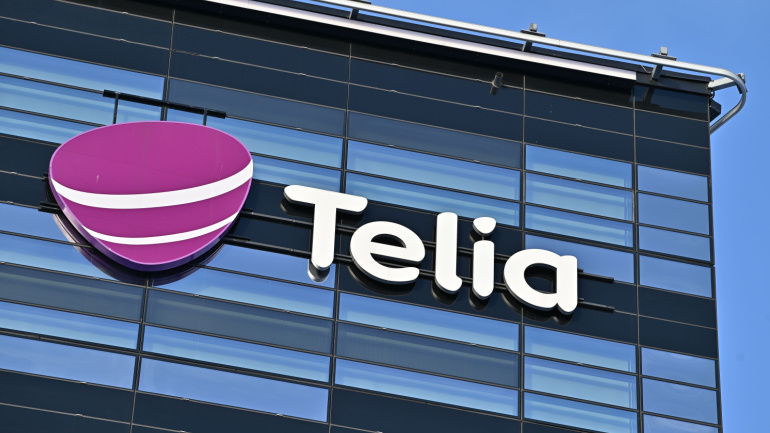Telia, Sweden’s telecom giant, is reportedly considering selling off its broadcasting division, TV4, with negotiations in progress with potential buyers. This comes as TV4’s value declines, attributed to dwindling ad revenue and challenges with premium sports content. Critics suggest Telia misunderstood the complexities of the TV industry, with former CEO of TV4, Jan Scherman, openly critical of the acquisition.
CTIA President and CEO, Meredith Attwell Baker, has underlined the pressing need for a national spectrum policy synchronized with recent presidential directives. Pointing to the drawbacks of not conducting spectrum auctions, she asserts that inaction could further extend America’s shortfall in this domain. Expounding on an upcoming plan, Baker believes that the imminent strategy has the potential to amplify America’s lead in wireless innovation.
Despite Europe’s stride towards a digitally advanced future, the current uptake of 5G stands at only 2.5%. This stands in stark contrast to how tech giants like North America, China, Japan, and South Korea are faring. While European market figures on Fibre-to-the-Home (FTTH) appears promising, various challenges, including recent antidumping measures, have stymied progress and exacerbated the digital divide.
VMO2 is set to bolster its workforce with 200 new roles, an exciting prospect for those seeking to embark on careers in the dynamic telecommunications industry. While this initiative presents a pathway to cultivating vital skills and qualifications, the telecom giant’s stride in employment growth seems to have slowed following last year’s ambitious pledge.
Vodafone, Xiaomi, and Qualcomm Technologies Inc have achieved a pivotal breakthrough in 5G advancements. Successfully trialing an innovative 5G uplink technology, these giants have demonstrated unprecedented upload speeds, reshaping the digital landscape.
In 2024, the telecom industry is witnessing a transformative shift driven by evolving customer needs, technological advancements, and environmental concerns. Key trends include the rise of self-service platforms, the migration to VoIP as PSTN becomes obsolete, standalone 5G networks taking center stage, AI integration for enhanced connectivity, and a strong commitment to sustainability. These trends are reshaping how telecom carriers operate and innovate, promising new opportunities in a rapidly changing landscape.
In a surprising move, Blackpool-based Internet Service Provider (ISP) Yayzi has outpaced its larger competitors by introducing a 2.3-Gbps consumer broadband service. Leveraging CityFibre’s XGS-PON network, the service, which boasts a symmetrical throughput of up to 10 Gbps, sets a new standard in the UK ISP market.
Unearthing an alarming digital divide in the UK, researchers at Bionic discovered that 20% of adults lack basic online skills, and shockingly, half of the households do not have internet. In a critical look at digital inclusion in UK cities, Manchester stands out with an impressive 193 digital inclusion services, with Coventry and Bangor trailing behind. London, despite its size, did not break into the top 20 due to shortage of services relative to its population size.
BT has voiced plans to simplify pricing, aligning with Ofcom’s push for clarity in broadband advertising and curbing mid-contract price fluctuations. The restructure is likely to see broadband prices rise by about £3 monthly, while mobile may see a £1.50 increase. BT’s current model adjusts customer fees annually by inflation plus 3.9%, a method unclear to most clients, inciting dissatisfaction and a rise in complaints. Ofcom seeks to ban mid-contract inflations under review until mid-February.
In a futuristic leap, French telecom giant Orange, in partnership with IT leader Capgemini, has launched commercial operations of ‘Bleu’, a sophisticated cloud platform tailored specifically for the French clientele. This solution, engineered jointly with Microsoft, promises enhanced user access to Microsoft 365 and Azure services. Christel Heydemann, Orange’s new CEO, envisions the project addressing data protection challenges, even as it adheres to French authority standards.













